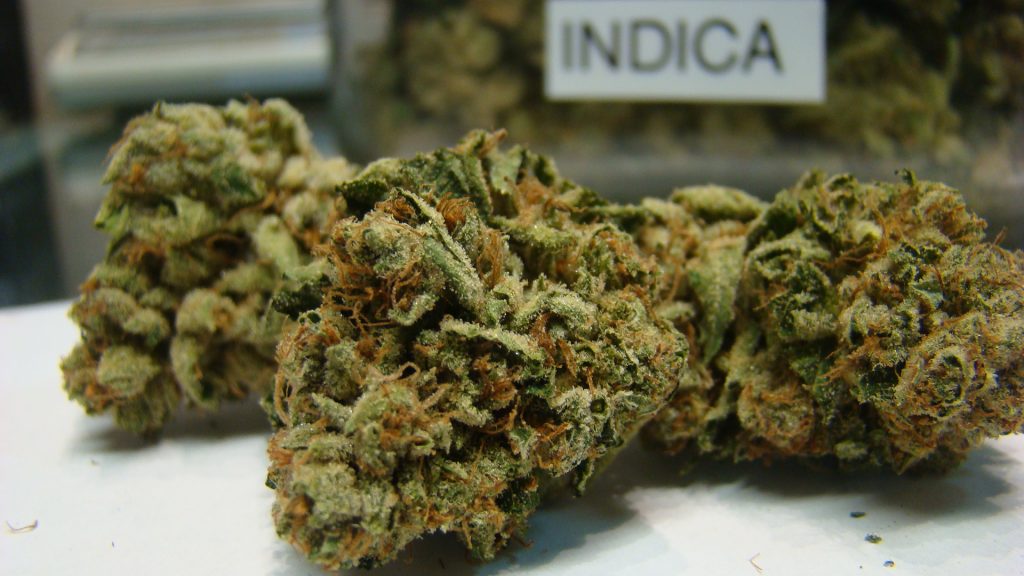In the wake of a vote that took place earlier this week, it looks as if Atlanta is one vote away from decriminalizing weed. On Tuesday, members of Atlanta’s City Council’s public safety committee elected to send a decriminalization plan over to the full council itself. If the full council decides to pass the measure, those caught with less than one ounce of cannabis on their persons will not be subject to legal and/or punitive measures.
AN ISSUE OF RACIAL PROFILING
City officials first announced their intentions to decriminalize cannabis earlier this year, with mayoral candidate and city councilman Kwanza Hall spurring the fight for decriminalization. The main reason Hall cites for taking up the mantle for this fight? He considers possession arrests—and subsequent incarceration for said arrests—a racial issue.
Indeed, the move to decriminalize cannabis in Georgia’s biggest city is driven in part by rates of incarceration for possession, especially amongst populations of people of color. According to the 2010 U.S. Census, 54 percent of Atlanta’s metropolitan area is African-American. Out of all possession arrests made in the city, over 90 percent of those arrests are POC, creating a chasmic racial disparity that, in the end, paves the way for racial profiling.
“Ninety percent of the people who are in our jails for possession of marijuana are young African-Americans,” Hall told reporters. “People are losing their jobs. People are losing their scholarships. Families are being torn apart for something that we should really be ashamed of.”
FINAL HIT: ATLANTA IS ONE VOTE AWAY FROM DECRIMINALIZING WEED
As it currently stands, individuals caught in possession of less than one ounce of cannabis face a penalty of $1,000 and up to six months in jail. If the council decides to enact the new proposal, offenders would receive a $75 ticket and no jail time whatsoever.
Despite the overwhelming support for the ordinance, some council members are still cautious about the move and what type of legislative model it could feasibly set.
“I think there ought to be controls on substances like this,” city councilman Ivory Young said. “We need to be very careful because as quickly as we provide a license to do certain things it often becomes legal precedent.”
The next and final vote for the proposal will take place next Monday on October 2.


